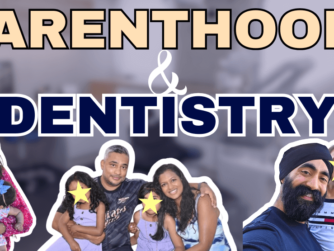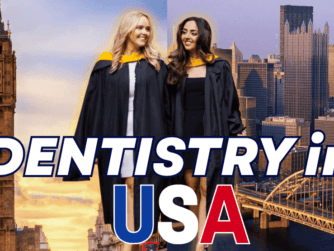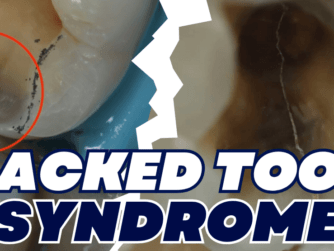Podcast: Play in new window | Download (Duration: 47:19 — 67.4MB)
Subscribe: RSS
A podcast interview with Surinder Arora (@DrSurinderArora)

Why should you move to Singapore if you are a Dentist?
This should really be a personal choice – only you can determine and discover your WHY.
It is important to consider how this affects your children/spouse/partner/family and business commitments.
Why Singapore?
Singapore is Asia Lite. It is a Metropolis. Dental standards are high, and the weather is 30C every day! I cover lots more of this in my article about returning from Singapore and my experiences.
What was it like finding a job then, and is it any different now?
It is much more difficult now compared to 2-3 years ago. This is because the Corporates are less likely to hire foreign graduates because you first need to be on Conditional Registration with the Singapore Dental Council (SDC). This is not really a big deal, except you need to be assigned 2 supervisors, and it is due to a lack of supervisors that can be troublesome.
Only once you have had 2-3 successful years, under the eyes of a ‘Supervisor’, can you then work ‘solo’ with Full Registration.
First, you need to find a corporate or a Dental practice that is willing to take you on and they will help you with your application to the SDC.
Where can I look for an associate position?
The Singapore Dental Association classifieds is your best bet!
What can Overseas Dentists expect in terms of salary
Expect anywhere between 35 – 55% remuneration.
Average GDP can make $6 – 20 K SGD per month, net.
A lot of practices/corporates will put a safety net for you in your first 6 months so you can get a ‘base’ minimum salary e.g. $7K per month.
Bare in mind, however, that Tax is pretty damn low!
What is Dentistry like in SG?
High standard – but varies massively depending on where you are practicing. Even in this tiny island-country, the demographics of just a few miles are massive and will influence if you are busy or not.
When I was there, I was doing very run-of-the-mill family Dentistry, perio, extractions and Dentures!
Words of caution to UK/US Grads looking to work in Singapore?
Although you do not need to sit any exams to work in Singapore, it has become very difficult to find a Job as a foreign graduate.
Should you continue to pay GDC subscription?
Short term answer: Yes, to avoid the hassle
Long term answer: eventually, after working for few years in Singapore, you may wish to stop paying GDC subscription.
Surinder emailed the GDC and as long as you keep all your documentation and evidence of CPD, theoretically it should take 10-15 days to get back on the register.
Found this useful?
Subscribe on Google Podcasts and Apple Podcasts and Like us on Facebook!







